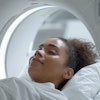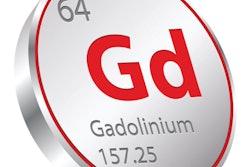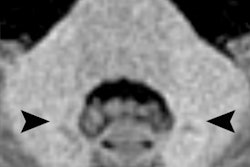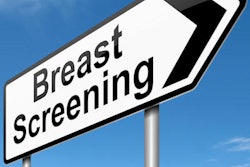Dear AuntMinnie Member,
Ongoing concerns about health issues related to gadolinium-based contrast agents (GBCAs) have prompted a number of regulatory initiatives, such as last week's announcement by a European agency that four linear GBCA products should be pulled from the market. But they've also spurred the rise of patient advocacy groups looking for answers about the safety of the MRI contrast products.
We've profiled one of these groups in a new article in our MRI Community. Features Editor Wayne Forrest talked to the founders of the Lighthouse Project, a group created by two individuals, Hubbs Grimm and Sharon Williams, who have been coping with health problems they believe are related to receiving gadolinium contrast as part of MRI scans.
The Lighthouse Project is both a support group and a resource for academic researchers looking into health issues related to gadolinium such as nephrogenic systemic fibrosis and tissue deposition. Learn more about the project by clicking here,
In other gadolinium news, German researchers have discovered that using a macrocyclic rather than a linear GBCA can dramatically reduce the signal intensities in the brain on pediatric MRI scans that are a hallmark of gadolinium deposition. Read more about this study by clicking here, or visit our MRI Community at mri.auntminnie.com.
Imaging volume edges up
In other news, a new report from the Medicare Payment Advisory Commission (MedPAC) indicates that growth in medical imaging use continues to be modest among Medicare beneficiaries. The group reported that per-beneficiary imaging use rose only 0.5% in 2015 in the Medicare system.
The slight rise continues a trend of modest imaging utilization that's seen volumes decline by 8% since 2009. But MedPAC continues to warn of imaging overuse, and even recommends that payments be shifted away from specialties such as radiology and toward primary care. Learn more by clicking here.
Good luck on the Match
Finally, if you're a medical student participating in this year's Match 2017, we'd like to wish you good luck tomorrow as you learn about the next stop in your journey to becoming a radiologist. We've prepared a special installment of #MyRadGirlfriend for your enjoyment -- check it out by clicking here.



















